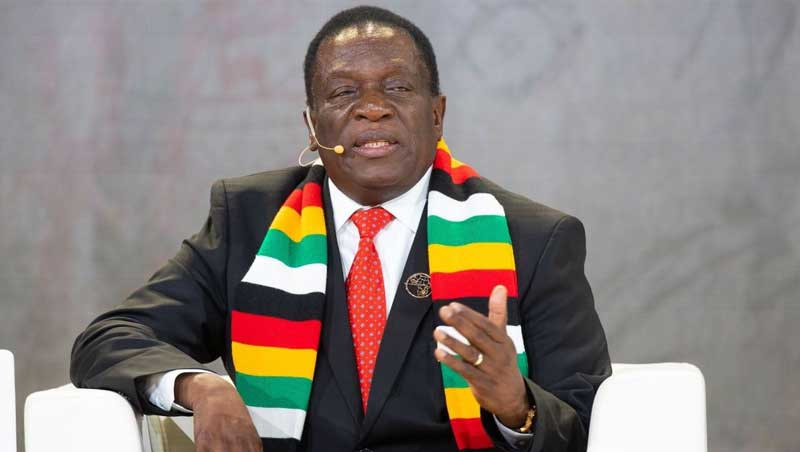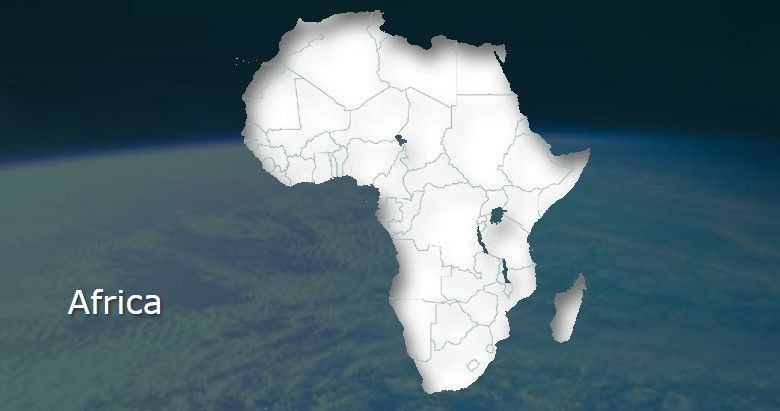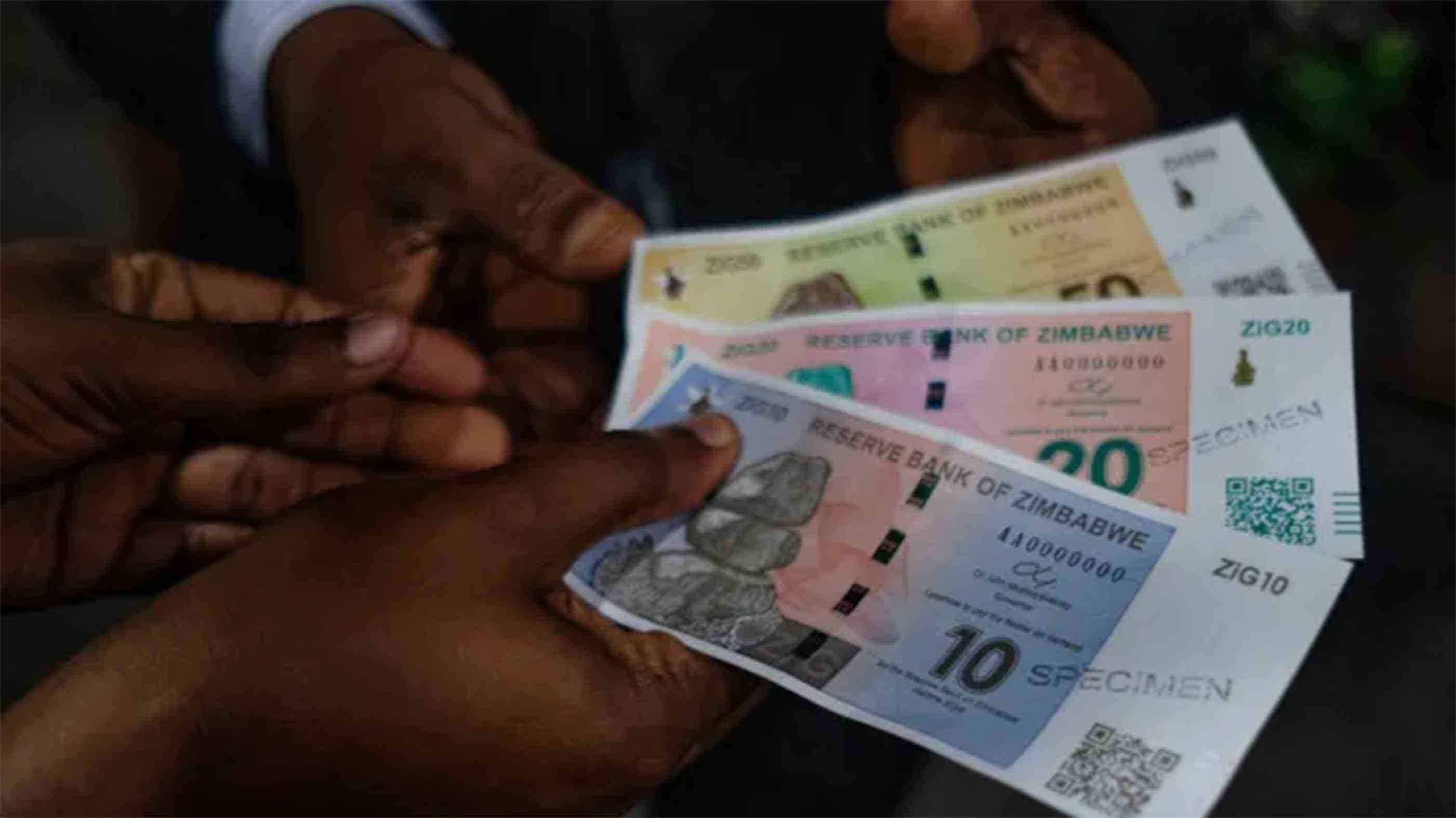
just saying:Batsirai Mabvakure & Kate Grabowski
In 1918, there was a deadly flue pandemic that killed 50 million people globally, and one of the greatest lessons from this pandemic was that social distancing could have saved lives.
Social distancing is the most effective way of reducing the spread of infectious diseases that are spread by droplet infection and coughing such as COVID-19. Social distancing entails avoiding crowds and canceling events that involve gathering many people.
This concept reduces the chances of uninfected individuals from coming into contact with sick people, and can effectively slow down the pandemic.
While this approach has worked well in some higher countries such as China, its effectiveness might be impacted by several factors unique to low and middle income countries (LMICs) such as Zimbabwe.
There are several issues that need to be addressed in LMICs to effectively implement social distancing. In Zimbabwe for example, people living in cities have no access to tap water, and have to queue at boreholes every day potentially exposing them to COVID-19.
It’s not only access to water Zimbabweans have to worry about.
The nature of the economy demands them to work every day in order to have food on their tables. More than 95% of the population earn their livelihood from informal work, and if they stop working, they most likely stop feeding their families.
- Chamisa under fire over US$120K donation
- Mavhunga puts DeMbare into Chibuku quarterfinals
- Pension funds bet on Cabora Bassa oilfields
- Councils defy govt fire tender directive
Keep Reading
Measures that have been implemented in high income countries such as the United States may not be feasible in LMICs, where governments are still struggling to provide basic services such as clean water and electricity. In a complete lockdown scenario in Zimbabwe, the majority of the population will no longer have access to clean water, power and food.
Another major challenge to implementing social distancing in LMICs is the complex, privatised transport system. In Zimbabwe, kombis are the common mode of transport for the majority of people.
These minibuses carry an average total of between 18 and 30 passengers, where four people will be sitting shoulder to shoulder on each of the four rows, plus two beside the driver, four more at a popular spot called pakadoma where one can pay half price.
Kombis are very central to sustaining the current economy, and many people are dependent on this mode of transport in the midst of fuel shortages and price hikes.
However, there is a lot of mixing and contact inside these kombis which goes against social distancing, providing a conducive environment for COVID-19 to spread.
During the 1918 flue pandemic, Philadelphia did not cancel public events like other cities that practiced social distancing. As a consequence, the Influenza virus spread, and 72 hours after the parade, all 31 of Philadelphia’s hospitals were full, with 2 600 dead by the end of the week. More than half a million people were infected the following weeks, with more than 12 000 losing their lives.
Even though the parade was to blame, poor working and living conditions may have played a role in increasing the case fatality rate.
About 1 500km away in a town called St Louise, within two days of detecting the first flue cases, the health commissioner closed down schools, playgrounds, libraries, courtrooms and even churches. These restrictions to enforce social distancing were kept in place despite the pressure from business owners to remove them.
These actions put St Louise in the books of history as the city that experienced the lowest numbers of deaths from the deadly 1918 flue pandemic.
This example of Philadelphia is a historical example of how important it is to adhere to the social distancing practices recommended by Public Health experts. LMICs countries like Philadelphia at the time, are also facing challenges of poor working and living conditions. Governments must ensure that the public receives the support they need while practicing social distancing.
For example, soldiers and the police might assist with distribution of water and essential services to avoid crowding at places where these services are obtained.
Community leaders such as counsellors can also step in and coordinate with municipal police and workers, and church leaders to deliver these services to individuals while implementing social distancing.
The younger generation who are quick to access information must educate the older folks who are more vulnerable to stay indoors, and in-turn assist them with fetching water, food and encouraging regular hand hygiene such as washing hands with soap and water.
Such approaches minimises risks to the vulnerable population, improves the effectiveness of social distancing, and reduces the number of people requiring personal protective equipment.
While implementing these approaches, government and community leaders must ensure that donations and assistance is not politicised as what happened during cyclone Idai.
There were troubling reports from Manicaland that some people were denied assistance because they did not belong to a certain political party. Such behaviours in a time like this will only make things worse, as COVID-19 is not a respecter of any political party.
We are in a time where people need to love one another, and consider the needs of others.
Unessential traveling has to stop completely, especially the use of kombis and mshika-shikas that crowd people. Planned events such as weddings, family gatherings, graduation parties, beer hall meetings, clubbing, sporting events such as soccer matches need to be postponed/canceled until the pandemic ceases.
For a change, we can try doing roora (lobola) online using Skype or WhatsApp, and making payments using the mobile technology apps. We have to be creative inside our homes; spend time with family, read, plan the future and stay there until the pandemic ceases. Sadly, people will also need to avoid attending funerals.
At funerals, Zimbabweans vanobata maoko, (offer condolences by hand greeting every person in attendance at a funeral) could lead to substantial onward transmission of the virus.
Social distancing is very hard, it negatively impacts the economy and disrupts normal daily routines; everyone wants to go about their businesses and make money, attend school and visit.
However, if social distancing is not implemented the disease will rapidly infect many people. As seen in countries like Italy and Spain, when everyone gets infected at once the healthcare system is overburdened, which leads to countless losses of lives.
In LMICs such as Zimbabwe, we know that the healthcare systems are not well prepared for a pandemic of this magnitude.
But we can still win the battle by sticking to the basics and fight COVID-19 with the best tools we have; maintaining a safe distance through social distancing until this dark cloud passes.
As clearly demonstrated with the two contrasting examples of Philadelphia and St Louise, social distancing works!











